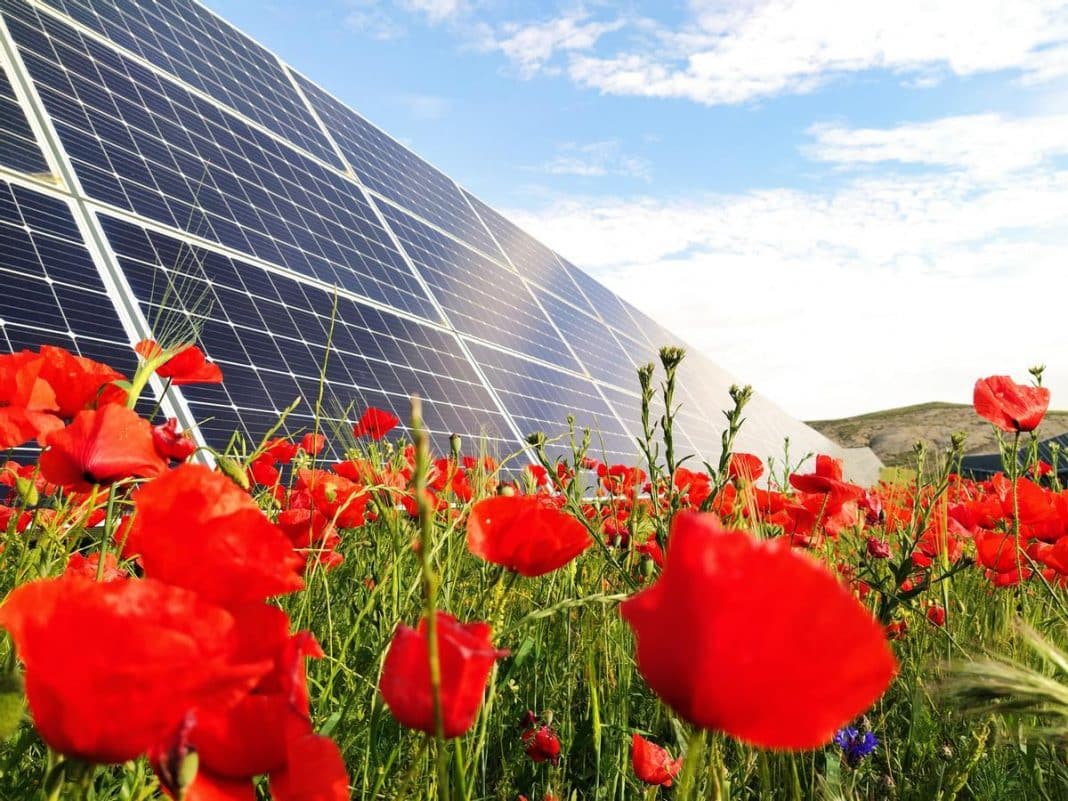Spanish households consume an average of 137 kilowatt hours per square meter (Kwh/m2) per year, a figure “well below” the European figure of 217 kwh/m2/year, and is well on the way to energy efficiency, according to a barometer prepared by the consultancy Deepki in collaboration with the Institut de l’Epargne Immobiliere et Fonciere (IEIF) of France. Both entities say in a statement that Spain is on the “right track” to achieve energy efficiency. For comparison, French households consume an average of 261 (Kwh/m2) per year, the United Kingdom 380 or the Benelux countries 223.
The real estate sector is responsible for 37% of global emissions of carbon dioxide (CO2), one of the greenhouse gases responsible for global warming, so increasing the energy efficiency of homes and work buildings helps to reduce emissions and curb climate change.
Energy Efficiency barometer
The European barometer includes a rating from A (less than 44.6 kWh/m2/year) to G (more than 382.6 kWh/m2/year), with Spanish buildings, according to Deepki, in energy rating D (less than 172.3 Kwh/m2 per year). The technical criteria that qualifies these labels has to measure “the surface of the house and energy consumption (expressed in KWh/m2/year), as well as CO2 emissions (expressed in kgCO2/m2/year), as specified by the company.
However, the Spanish average is closer to the label C (less than 112.1 kWh/m2/year), qualified by the entity as a “more sustainable category”, according to the entity that prepared the study. With these and other related data, it is “intended to help real estate entities to understand the performance of their assets and, at the same time, to overcome the challenges of the taxonomy of the European Union,” they have clarified.
Methodology
With the collection of data from more than 40 countries “we are able to obtain homogeneous and truly international results, thanks to the use of a methodology that allows a deeper and more systematic understanding of its environmental impact, the sector can take effective measures to achieve its fundamental transformation”, underlined Vincent Bryant, CEO and co-founder of Deepki and Emmanuel Blanchet, COO and co-founder of Deepki.
According to the company, the publication of the Sustainable Finance Disclosure Regulation (SFDR)-and the European Union’s taxonomy, there has been a growing market demand for a standardized benchmark.
For the full article, please visit Diario de Ibiza website here.

